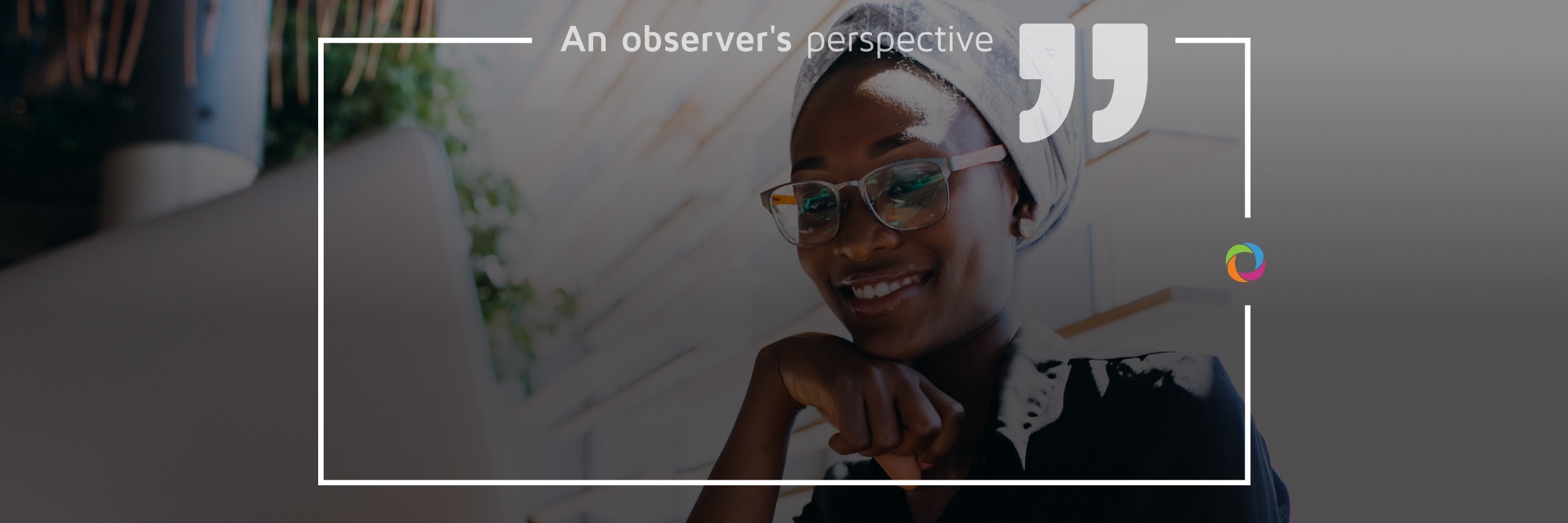In June 2017, Global Affairs Canada launched its Women’s Voice and Leadership Program (WVL). Driven by Canada’s Feminist International Assistance Policy, the program responds to the funding and capacity needs of small to medium-sized women’s rights organisations (WROs) and networks in developing countries in Asia, Latin America, and Africa.
WVL envisions that support provided to WROs will advance gender equality, empower women and promote and protect human rights. The aims of the program are to increase sustainability and strengthen the capacity of WROs and to increase the effectiveness of networks to affect policy, legal and social change. WVL includes 32 projects, in 30 countries, implemented in collaboration with 21 partner organisations.
In South Africa, WVL is implemented by Gender Links, a medium-sized, regional WRO that aims to support and strengthen 85 local smaller organizations.
African Women in Energy and Power (AWEaP) is one of these. This NGO received a grant for a two-year webinar series to accelerate women’s participation in the energy and power sector (E&PS) as suppliers of energy solutions, systems, products, and services to electricity utility companies and independent power producers for industrial, commercial, and domestic customers.
AWEaP argues that in order to eradicate energy poverty on the African continent, the region needs commercially viable, multi-stakeholder-driven initiatives that will ensure the meaningful economic participation of women and that the renewable energy sector offers a unique opportunity for sustainable (and disruptive) economic empowerment of women in Africa.
The existing energy infrastructure in Africa is insufficient to meet current or future requirements. An estimated 620 million people, primarily in rural communities, are expected to remain without power for the indefinite future. Energy is necessary for healthcare, sanitation, education, economic growth, employment, and political stability. Women, who are disproportionately affected, have the potential to drive innovation and to benefit from the “African energy revolution”.
Driven by new and cheaper technologies and affordable energy storage, the revolution can make off-grid and mini-grid power generation a permanent solution. Various other developments present opportunities for non-traditional players in the sector. Notably:
- Deregulation of the E&PS coupled with the unbundling and privatisation of traditional value chains
- More accessible and efficient energy generation resulting from the development and integration of renewable energy into the energy mix by power utilities
- Regional integration that enables cross border participation and boosts local economies
- Power utilities are central to the development of the electricity sector, acting as governments’ execution partners for electrification, and AWEaP links women entrepreneurs to power utilities in 22 countries
The first of the funded webinars took place in August 2020, attended by 242 people from 13 different countries of which 79% were women. It was a huge success.
The sessions focused on access to markets (utilities), technology, finance, and development finance institutions, and the renewable energy sector.
The women who attended said that, as a consequence, they were able to identify new opportunities in the sector, were able to establish new linkages and relationships in the sector and with other relevant stakeholders, had acquired an understanding of the full value chain and the additional opportunities this entails, were able to identify multiple entry points in the value chain, acquired an understanding of public and private procurement processes and gained knowledge about how to access start-up capital.
An AWEaP evaluation found that 71% of participants acquired an understanding of channel partnership opportunities, 62% learned how to apply for funding, 96% identified opportunities in the renewable energy sector and 97% left the meeting knowing how to access business opportunities or how to navigate a procurement system. 100% of participants said they would recommend the webinar to others.
AWEaP received the ‘Africa Queen of Energy Award’ at the first Pan African Awards for Women in the Energy Sector in Nairobi in December 2020.
AWEaP now requires funding for its Entrepreneurial Accelerator initiative. This ambitious, innovative and potentially disruptive proposal includes an international exhibition of women in energy, in-country mobilization events, a tailored training program to empower African women offered at six campuses, and an online directory of African women graduates.
*An observer’s perspective represents a technical overview elucidated by monitoring and evaluation consultants. The document covers the summary, impact, and timeline of well-known development projects selected by DevelopmentAid experts.

